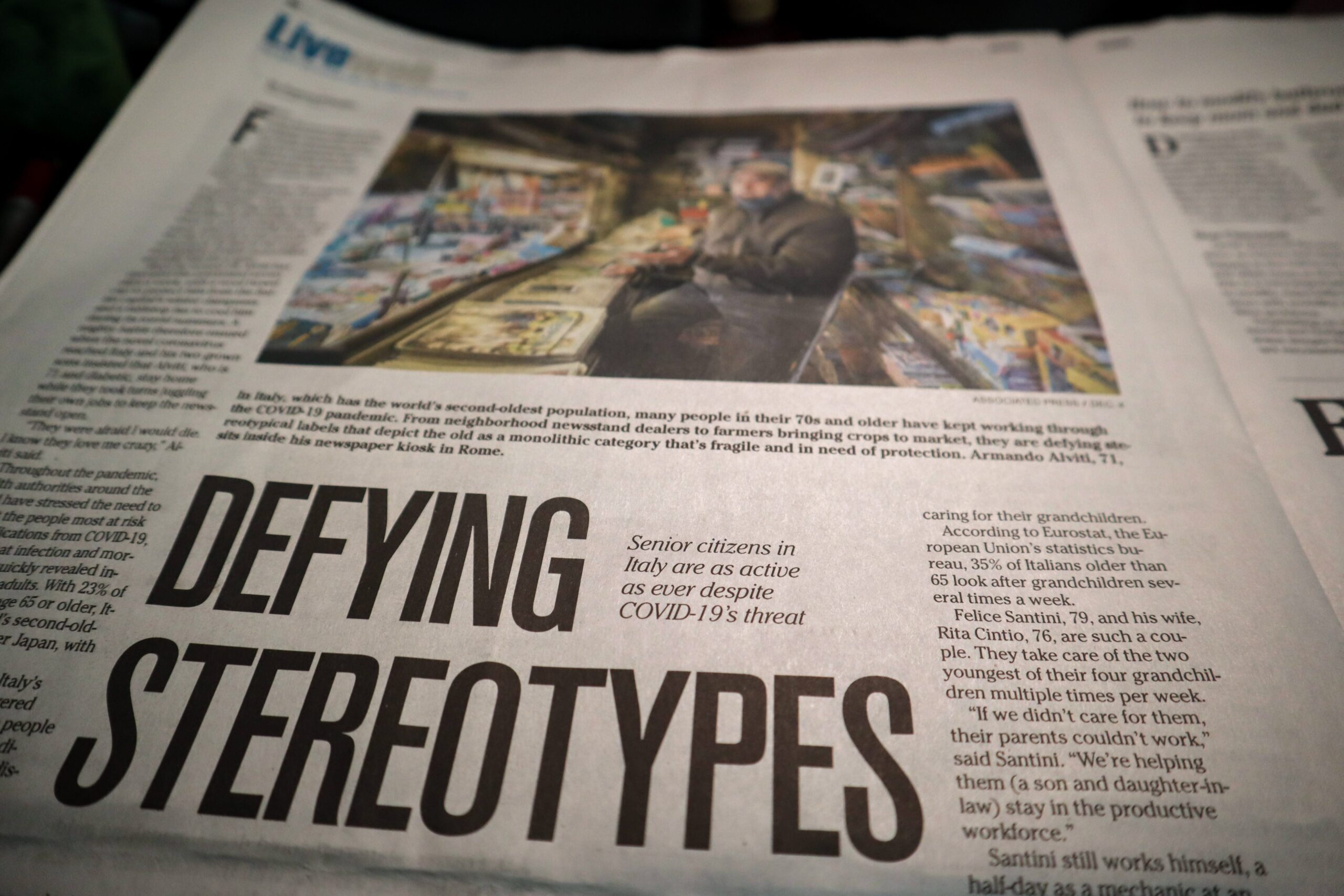Challenging Stereotypes: Breaking the Mold of Unbelievable People
Throughout history, there have been individuals who, for various reasons, struggle to gain the trust and belief of others. From politicians to public figures, these individuals often find themselves in a position where their words and actions are met with skepticism and doubt. However, it is important to remember that nobody is inherently incapable of change or redemption, and that includes people who are commonly seen as “unbelievable.”
The Perception of Politicians
Politicians, in particular, often face a significant amount of skepticism from the public. Their promises and statements are scrutinized, and they are often accused of being dishonest or insincere. While it is true that some politicians have been involved in scandals or have betrayed the public’s trust, it is unfair to assume that all politicians are untrustworthy.
It is crucial to recognize that politicians are human beings, capable of growth and change. Many politicians have dedicated their lives to public service, driven by a genuine desire to make a positive impact on society. By dismissing all politicians as untrustworthy, we risk missing out on the opportunity to support and encourage those who are genuinely working towards a better future.
The Journey of Redemption
Redemption is a powerful concept that has the ability to transform even the most skeptical of minds. People who have made mistakes or have been involved in controversial situations should not be forever condemned. Instead, they should be given the opportunity to learn from their past actions and work towards becoming better individuals.
History is filled with examples of individuals who have successfully redeemed themselves. From celebrities who have overcome addiction to former criminals who have turned their lives around, these stories serve as reminders that nobody is beyond redemption. By allowing people the chance to grow and change, we contribute to a more compassionate and understanding society.
Building Trust through Actions
Trust is not easily earned, especially for those who have been labeled as “unbelievable.” However, actions speak louder than words, and it is through consistent and genuine actions that trust can be rebuilt.
For politicians, this means being transparent and accountable for their actions. It means actively working towards the betterment of society and demonstrating a genuine commitment to the values they espouse. By consistently acting in a trustworthy manner, politicians can slowly regain the public’s trust and challenge the perception that they are inherently untrustworthy.
Changing the Narrative
It is up to each one of us to challenge the narrative that certain individuals are “unbelievable.” By recognizing the potential for growth and change in every person, we can contribute to a more inclusive and compassionate society.
Instead of dismissing someone based on preconceived notions or past actions, let us strive to understand their journey and the circumstances that have shaped them. By doing so, we open the door for empathy and the possibility of transformation.
Conclusion
While it may be easy to label certain individuals as “unbelievable,” it is important to remember that nobody is beyond redemption. Politicians, public figures, and even those who have made mistakes in the past all have the potential to grow, change, and earn back the trust of others.
By challenging stereotypes and offering support and understanding, we can create a society that values redemption and believes in the potential of every individual.
